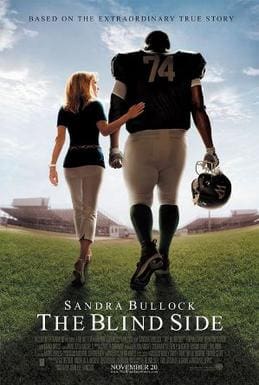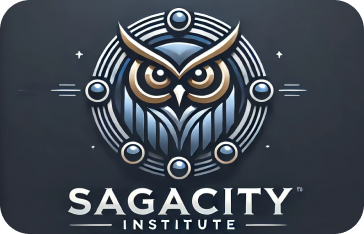I Got Your Back

“I got your back.”
That was the catchphrase attributed to football player Michael Oher in the movie “The Blind Side.” Oher played left tackle, the position that protects right-handed quarterbacks from “blind side” hits that can lead to serious injury. Nothing bad was going to happen while he was on duty.
Some phrases cut right to the chase. They do not leave anything else to be said. “I got your back” is one of those phrases.
Good teachers have their students’ backs.
Whatever the students need on that day, good teachers sense it and respond accordingly.
Some days that means acting like a coach or a cheerleader. Other times it means asking thoughtful questions and eliciting their best effort.
The common element is listening and providing what the students need.
The Sherpas are a Tibetan ethnic group who live in Eastern Nepal and are known worldwide for their expertise in serving as guides for expeditions to Mount Everest and throughout the Himalayas. They show the way and help carry the load so their charges can attain their goal of reaching a mountain’s summit.
That is the essence of servant leadership. Good teachers are mentors who understand what Sherpas do and try to emulate it.
In the end, each member of the expedition must climb the mountain for himself, but they do not do it alone. A Sherpa is right by their side. More than being a “sage on the stage,” good teachers tutor and mentor their students to help them reach their goals. They understand their role is to be a “guide on the side.”
Being a mentor is more than telling someone what to do or offering advice. Finding a good mentor is an invaluable gift. Much like a Sherpa, a mentor is selfless and listens to the needs and concerns of their student. They offer insight and ask their mentee for critical thinking. Sometimes they question and other times they share lessons learned. In the end, the mentor and mentee, the teacher and student, and the sherpa and the mountain climber share the same journey.
Founded more than 75 years ago, the Fulbright Program is one of the world’s most competitive, prestigious scholarships in the United States. Fulbright alumni include 89 Pulitzer Prize and 62 Nobel Prize winners. All of those selected for this program bring remarkable academic, research, and personal skills to their studies, but they do not get their alone.
Each of them has a mentor – someone who has their “blind side” like Michael Oher or acts as a Sherpa by helping to carry the load and show the way, except by asking probing questions, providing encouragement, and asking mentees to share their critical thinking.
Look for a mentor, but don’t settle on anyone too quickly. If you are lucky, you will find someone truly interested not just in your short-term objective but in the journey to your long-term goal.
Mentors, whether they are teachers, Sherpas, or “blind side” tackles, understand servant leadership and the value they provide. They know they played a small but pivotal role in their students’ success.
And when that happens, everyone wins.
Last year, one of my mentees was awarded a Fulbright Program scholarship. The achievement belongs completely to her, but I could not have been prouder to have been part of the process and to see that she achieved her dream.
Find a good mentor. That is one of the most important lessons to be learned at the Sagacity Institute.
